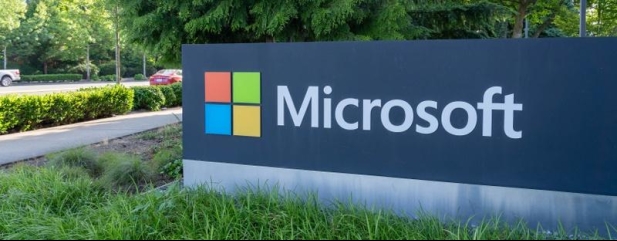Archived article
Please note that tax, investment, pension and ISA rules can change and the information and any views contained in this article may now be inaccurate.
Caledonia Investments is a diamond in the rough waiting to shine

Caledonia Investments (CLDN)
Price: £35.18
Market cap: £1.92 billion
Amid all the talk of the UK market being full of ‘hidden gems’, we think Caledonia Investments (CLDN) could be one of the best examples of ‘hidden value’ in the mid-cap FTSE 250 index.
The global multi-asset investment company tends not to get much air-time, but Shares caught up with chief executive Mat Masters and finance director Rob Memmott after the publication of the full-year results.
Caledonia was originally a shipping company, founded by Sir Charles Cayzer in 1878 and today, six generations later, the company is still 48% owned by the Cayzers, making it less an investment trust and more of a ‘family office’ whose job is to create and protect wealth for generations to come.
For that reason, the firm doesn’t take big risks, rather it buys stakes in businesses it understands, both public and private, and takes a long-term view.
Nothing demonstrates that long-term view quite like the fact Caledonia has raised its payout for 57 years in a row, making it not just a Dividend Aristocrat but dividend royalty.
For the year to March, NAV (net asset value) total return was up 7.4% to £3 billion or £50.68 per share, putting the shares on a 30% discount at the current price.
All three investment pools made a positive contribution, with public equity up 12%, well ahead of its 8.6% annual 10-year average, private equity up 12.3% against its 10-year average of 13.9% and the funds side up 2.2%, well below its 17.3% 10-year average due to a decidedly ‘off’ year for Asian private markets.
Within the £950 million public equity allocation, the ‘capital portfolio’ which is invested for gains returned 14% thanks to holdings in Fastenal (FAST:NASDAQ), Hill & Smith (HILS) and Microsoft (MSFT:NASDAQ) among others, while the ‘income portfolio’ returned 7% driven by DS Smith (SMDS), Fastenal and RELX (REL).
The £820 million private capital allocation, which is UK-centric, enjoyed £90 million of net valuation gains thanks to realisations and positive operating performances from its investee companies.
Assuming Asian private markets – which in any case are a small part of the funds business – recover steadily, and the quoted and unquoted portfolios continue to grow at or close to their decade-long averages, we would expect the 30% discount to NAV to narrow over time.
We would also note that given over a third of NAV is made up of liquid stocks and cash, the implied discount on the unquoted assets is more than 50% so the potential for upward reversion is significant.
Important information:
These articles are provided by Shares magazine which is published by AJ Bell Media, a part of AJ Bell. Shares is not written by AJ Bell.
Shares is provided for your general information and use and is not a personal recommendation to invest. It is not intended to be relied upon by you in making or not making any investment decisions. The investments referred to in these articles will not be suitable for all investors. If in doubt please seek appropriate independent financial advice.
Investors acting on the information in these articles do so at their own risk and AJ Bell Media and its staff do not accept liability for losses suffered by investors as a result of their investment decisions.
Issue contents
Editor's View
Feature
Great Ideas
News
- ITV up 30% as streaming platform proves its worth
- UK IPO market hots-up after Shein accelerates plans for London listing
- UK takeovers and premiums back to record levels of 2018
- Intel dealt Huawei blow by US government
- Bruised Palo Alto investors praying for improvement
- Sky-high expectations leave no room for earnings disappointment
 magazine
magazine








